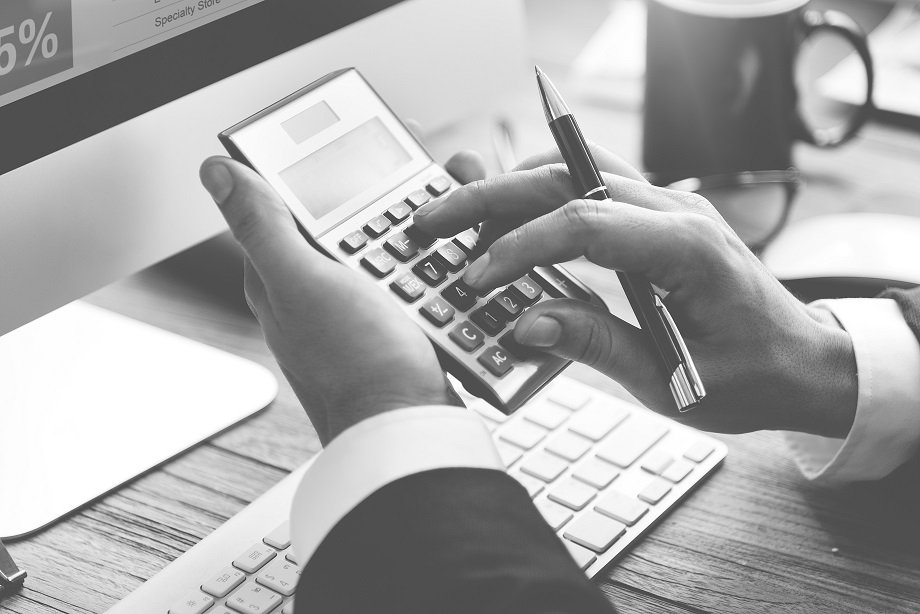The Importance of Keeping Purchase Records to Prove Ownership of Software Licenses

Many people mistakenly believe that a license agreement, manual and a copy of software media are sufficient to prove ownership of a software product. However, in the event of an audit, trade associations or software publishers do not accept any of these as proof of ownership. To prove ownership, auditors want a dated proof of purchase.
Companies should keep dated invoices to ensure passing audits, but sometimes packing slips or other dated documentation will suffice. Additionally, many software resellers (e.g., ASAP Software, Software Spectrum and Softchoice) have online license management capabilities that can be used to demonstrate ownership. If a company presents a proof of purchase in response to a request for a self audit, the date must precede that of the initial audit letter.
In the case of a company with many entities with different names, the proof of purchase should be issued to the named entity that will own the hardware or software. Centralized buying arrangements in which one company entity makes purchases for all the others may present complications when it comes time to demonstrate ownership, if only one entity is audited.
It is also important to review invoices for hardware, because these often do not specifically list all software products pre-installed on computers. Companies receiving incomplete invoices need to promptly contact the vendor for replacement invoices listing all software products, including version.
If a company purchases an upgrade license, it needs to retain the invoice for the underlying product. For instance, if a company buys a copy of Adobe Acrobat 5.0 and then purchases an upgrade to Acrobat 6.0, both invoices must be retained to prove ownership of the upgraded version.
Compiling proper proof of software licenses is the most time-consuming aspect of responding to a software audit. Following these guidelines will reduce audit-response costs and increase the chances of a favorable outcome.




